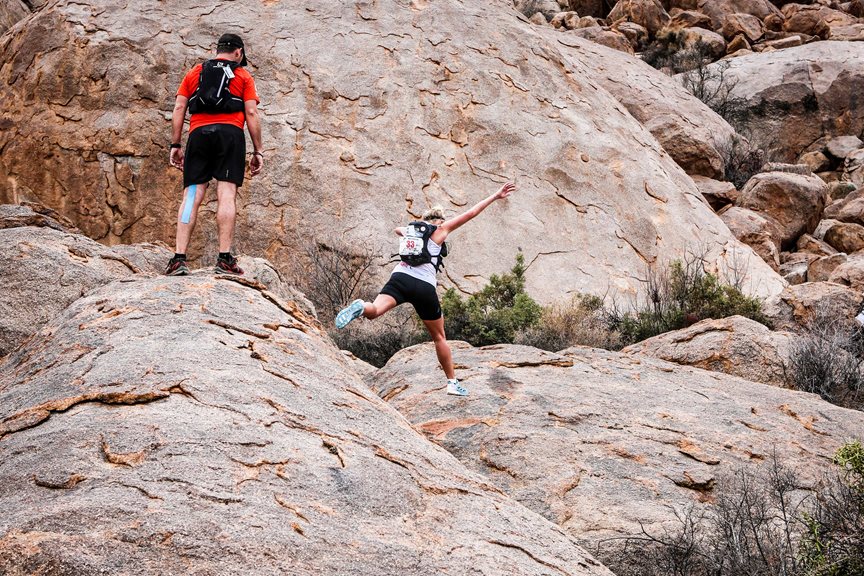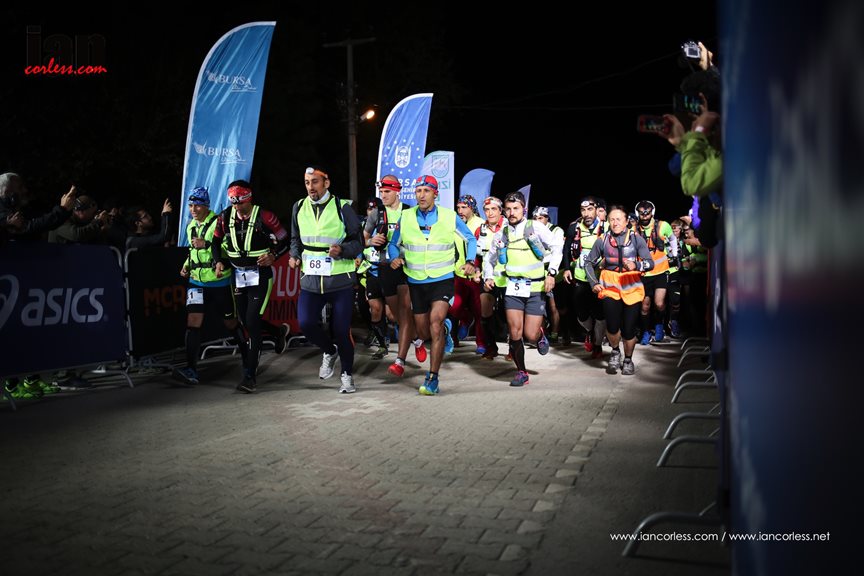Last updated: 02-Mar-16
Written by Sports Dietician Rin Cobb
Pills, potions, powders; supplements come in all shapes and sizes from your daily multivitamin to your post run protein powder. Many of you may pop a pill “just in case” you’re not meeting your daily nutrition needs. Around a quarter of UK adults report doing so. There has also been a soar in supplement sales in recent years so the question is, do you need to be supplementing?
Supplements are essentially what they say they are. They’re designed to supplement your diet and, contrary to what some may believe, they are not a substitute for poor eating habits. We know we need certain amounts of vitamins and minerals to keep us healthy, but food has so much more than just these nutrients. There are also phytochemicals and fibre, ultimately all working together to promote good health. So the power is in the plate, not a pill.
As with all things nutrition, there is no one size fits all. There are certain people who may need to supplement their diet. If you’ve been diagnosed with a deficiency, iron being a common one amongst runners, you’ll need a supplement to top up your levels. If you’re trying for a baby (women naturally) you should be taking a folic acid supplement of 400ug/day. Vitamin D, known as the sunshine vitamin, because this is where we get most of it from, has had a lot of interest of late. Those over 65, pregnant or breastfeeding, or those with darker skin, are recommended to take a supplement of 10ug/day, but for the vast majority of runners, who get plenty of sunshine through their outdoor activities, it’s unlikely to be necessary.
Sports supplements are perhaps not quite so straightforward. There is a wealth of choice and claims to go with them. There are EU regulations on what a product can claim, and bear in mind that they’ve turned down 80% of supplement claims for a lack of evidence. However, you will still see products promising all manner of benefits from “lose 10lbs in a week” (omitting the fact that this will mainly be fluid) or “boosting your metabolism” (thought exercise did this) to helping you run as fast as Usain Bolt (minus the chicken nuggets). Just remember if something sounds too good to be true it probably is.
Unfortunately, it’s not just your wallet that can suffer. Supplements are not regulated like medicines and so do not go through the same checks for safety or to see if they contain what they say they do. Not only does this mean you can’t be sure what exactly you’re putting into your body, but it could have dire consequences for your running career, or even everyday career, if in the military and subject to drugs’ testing. Cross contamination in sports supplements is a real issue with some containing stimulants, steroids and even antidepressants. A UK study analysed a random sample of legal supplements and found 10% to be contaminated with banned substances and this increases further if sourced from the USA.
No doubt there are some who will continue to use risky supplements if they believe it’s helping their performance or weight loss goals. Sadly there have been those who have paid the ultimate price. I’m sure most will have heard of Claire Squires who died during the 2012 London marathon, an experienced runner who collapsed a few miles from the finish line. Later it was revealed she was taking a legal (at the time) sports drink which was found to contain an amphetamine like substance (DMAA) which, combined with the intensity of the race, led her heart to stop.
This, however, does not mean you need to stop taking all manner of supplements, they can have a role – particularly sports supplements. Here are the do’s and don’ts to help guide you down the supplement path.
Do’s
- Food first: Ask yourself if you really need to take a vitamin or mineral supplement. If following a balanced diet, which is fuelling you sufficiently, you probably don’t need to pop a pill. If in doubt, consulting a qualified sports dietitian or nutritionist can help.
- Sports supplements: Consider your own needs and be realistic. Are you really looking for marginal gains? Just because a pro athlete takes a specific supplement, doesn’t necessarily mean it will work for you. They will have different requirements to you.
- If using sports supplements, check out Informed Sport who test different brands and batches of supplements to help minimize the risk.
Don’ts
- Don’t be fooled into thinking a supplement is the answer to your training prayers. Quality training and a balanced diet are the foundations to optimal performance and you can’t fool the body as easily as your mind.
- Don’t take supplements without knowing what they are, what they’re supposed to do and where they’ve come from. There can be real risks.
- Don’t feel you have to take a supplement because everyone else does. Food can be just as effective and far tastier in some cases, like milk, the original recovery drink.






